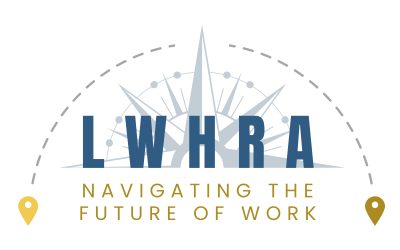As the Coronavirus pandemic continues to escalate, businesses are closing across the nation and the economy is in a tailspin. At this point, a recession appears inevitable and Americans are beginning to worry about being able to pay their bills. In the midst of this recently declared National Emergency, congress is taking action.
Families First Coronavirus Response Act
Friday, the house passed a bill titled the Families First Coronavirus Response Act. This bill would provide much needed relief for Americans in these difficult times. This includes paid leave, expanded unemployment insurance, increased federal funding to public health programs, and no-cost Coronavirus testing. Currently, the bill is awaiting a vote by the Senate and then signed into law by the President. The expectation is for it to pass the Senate and finalize sometime this week.
This bill comes just after congress approved an $8.3 billion emergency package two weeks ago. However, those funds went towards developing a vaccine and providing supplies to laboratory workers. The focus of this new bill awaiting passage is to aid low-income and working-class Americans. Restaurant workers, retail clerks, and hospitality workers are some of those most in need of financial assistance right now.
Economic Impact
Among the hardest hit are small and medium sized business. On Sunday the Federal Reserve cut interest rates to near 0%. Their hopes are to provide a stimulus to the economy and allow business to borrow at lower costs. Additionally, the Federal Reserve announced they will purchase a combined $700 billion in treasury and mortgage backed securities. These quantitative easing measures are typical tools the Federal Reserve uses to improve liquidity during a recession. While both of these actions result in higher inflation, they are necessary to increase borrowing and consumer spending.
Eventually, the Coronavirus crisis will end, but the time frame is uncertain. Governments throughout the world are focusing on minimizing the number of active cases in an effort to not overwhelm their healthcare systems. This strategy prolongs the pandemic but results in fewer infections and deaths. It’s possible we’ll have to wait until late April for the brunt of the crisis to be in the rear view.
What’s Next?
These actions taken so far by Congress and the Federal Reserve will not be the last. Utah Senator Mitt Romney has proposed giving every American $1,000 to help in this crisis. In the coming weeks more suggestions such as this will be brought to the table. The United States and the world have not seen something like this for a century, when the 1918 influenza pandemic resulted in the deaths of 50 million people. While the hope is for a speedy end to this pandemic, it must be acknowledged this won’t be the last. How can the nation and the world be better prepared next time?




